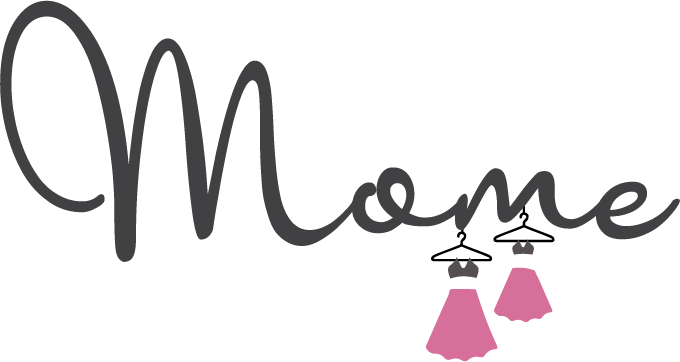Breastfeeding Beyond Two Years: Updated AAP Guidance Supports Extended Nursing
Aug 03, 2023
As we welcome World Breastfeeding Month, we wanted to share recent updated information from The American Academy of Pediatrics (AAP).
Breastfeeding has long been recognized as a critical component of infant health and development, and the AAP has been at the forefront of advocating for its benefits. In a recent policy update, the AAP reaffirmed its commitment to breastfeeding, extending its recommendations to support nursing until two years or beyond, as mutually desired by the mother and child.
The updated policy statement and technical report highlight the medical and neurodevelopmental advantages of breastfeeding. It emphasizes that breastfeeding is not just about providing nutrition to the growing child but also fostering a strong and nurturing relationship between parent and child.
Here are the key points takeaways for the updates:
- Advantages of Breastfeeding: The updated policy statement and technical report highlight the medical and neurodevelopmental benefits of breastfeeding. Preliminary data reveal that breastfeeding remains a valuable source of essential nutrients and immunologic factors for toddlers during their second year of life. It also emphasizes that breastfeeding is not only about providing nutrition but also nurturing the parent-child relationship.
- Positive Impact on Maternal Health: Studies and meta-analyses show that breastfeeding for longer than 12 months can reduce the risk of maternal type 2 diabetes mellitus, hypertension, breast cancer, and ovarian cancer.
- Addressing Disparities: While over 80% of women in the U.S. initiate breastfeeding, exclusive breastfeeding rates are low, especially among non-Hispanic Black or African American populations, low-income mothers, younger women, and those with lower education levels. Support programs and peer interventions can help reduce these disparities.
- Pediatrician's Role: Pediatricians play a crucial role in promoting breastfeeding. Their communication with families about the benefits of breastfeeding can increase initiation, duration, and exclusivity.
- Establishment of Breastfeeding: Early skin-to-skin care and frequent feeding are recommended to facilitate the transition to mature milk production.
- Special Considerations: The policy addresses breastfeeding for very low birth weight infants, late preterm and early term infants, hyperbilirubinemia, adoption or surrogacy, infants born to gender-diverse families, and vitamin and mineral supplementation.
- Contraindications: While most maternal infections are compatible with breastfeeding, there are specific contraindications such as classic galactosemia, HIV infection, human T-cell lymphotropic virus type I or II infection, untreated brucellosis, confirmed Ebola virus disease, and substance use (illicit opioids, cocaine, or PCP).
- Moderate Alcohol Consumption: Moderate alcohol consumption (up to one standard drink per day) is not known to be harmful to the infant.
- Supportive Practices: Birth centers and hospitals should implement maternity care practices that improve breastfeeding initiation, duration, and exclusivity. Pediatricians should partner with community resources, such as lactation specialists, to support breastfeeding families.
- Compatibility with Medications and Vaccinations: Most maternal conditions, medications, and vaccinations are compatible with breastfeeding.
- Care for Vulnerable Infants: Pediatricians can assist parents of preterm and vulnerable infants in establishing a full milk supply, and when necessary, pasteurized donor human milk is recommended.
- Promoting Breastfeeding-Friendly Environments: The AAP calls for socially and culturally sensitive policies to eliminate disparities in breastfeeding and advocates for universal paid maternity leave and insurance coverage for lactation support and breast pumps.
The updated AAP guidance on breastfeeding serves as a reminder of the crucial role that breastfeeding plays in nurturing healthy children and fostering strong parent-child relationships.
Mome is committed to supporting extended breastfeeding
As a brand dedicated to empowering and supporting mothers, we wholeheartedly embrace and align with the AAP's updated guidance on extended breastfeeding. With the AAP now recommending continued breastfeeding until two years or beyond, our dresses with nursing zippers can be a valuable asset to mothers who choose to embrace extended nursing. The discreet and well-designed nursing zippers allow mothers to breastfeed their babies and toddlers comfortably and confidently, fostering a strong and nurturing parent-child relationship that is essential for healthy child development. By providing nursing mothers with practical and fashionable attire, we aim to empower them to embrace extended breastfeeding while feeling confident and beautiful throughout their breastfeeding journey.
For more detailed information, please refer to the full policy statement





